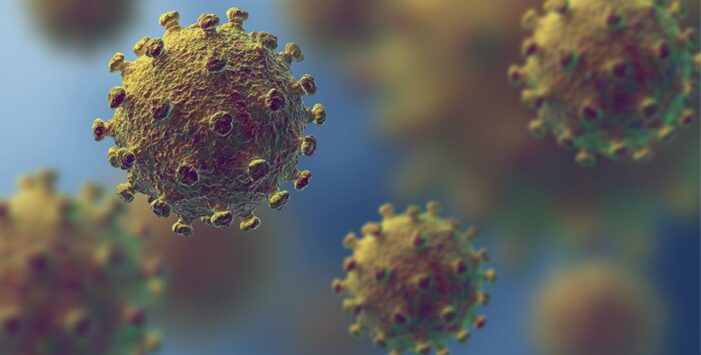Now that India and other glbal nations are being forced to re-open normal life and movement, here is an expert from Monash University in Australia who differs strongly at this idea as too early to reap the benefits of lockdowns in several nations that could effectively bar the spread of coronavirus or COVID-19.
Ever since the coronavirus hit the city of Wuhan in December last year, more than two months went in observing how the virus transfers from human to human and what kind of restrictions China imposed to contain the virus. When the infection entered Europe and destroyed several historic cities and devastated the economies, US woke up to the dangers more intensely than previously thought.

While most of the world’s scientists are working on developing a vaccine, “the bottom line is that we simply don’t yet know enough about how it works,” says Stephen Turner, Professor of Microbiology at the Monash University. He warns that the COVID virus can’t be wished away by opening gyms, allowing sports like boating and golf, and resuming church congregations, which may relieve those who feel their personal rights have been stymied, but it’s no signal that this virus has been conquered.
“In this world we’ve created of instant gratification, we equally expect a pandemic to be studied, solved and an answer made available to everyone, so we can all return to our normal lives,” he said.
Short-lived South Korean example
Citing South Korea, one of the countries that has done an exemplary job of dampening the disease with social distancing and widespread testing, some people who recovered from coronavirus have retested positive, according to the Korea Centers for Disease Control and Prevention (KCDC). Alongwith Singapore, these two nations showed how to flatten the COVID-19 curve, but then a spike in new cases washed offsuch hopes. Many of them showed negligible and below the detection of current tests, according to KCDC deputy director Kwon Joon-Wook.
But the prospect of people remaining positive for the virus, and therefore potentially infectious, is of utmost concern now when life is returned to normal levels. Of the more than 4 million people globally who have tested positive for the virus, more than one million have recovered and assuming they’re OK to interact with those who haven’t been infected is not true.
“We simply don’t know whether they remain infectious, all while the world is already starting to pull back on lockdown laws and allowing people to congregate with restrictions… Thankfully, the virus doesn’t appear to mutate much, which makes the development of a universal vaccine easier, but its super power may be that, as appears to be the case for other human non-SARS coronaviruses, immunity wanes over time – so those of us who have been infected, and think we’re immune against developing or spreading the disease, may only be confident in that for a period of time.”
A recent study by Chinese researchers published in The Lancet, showed that those with severe COVID illness have, not surprisingly, a heavier viral load, and took longer to rid themselves of the virus. Other data suggests that about seven in 10 of those mildly infected actually develop antibodies to kill the virus and eradicate it from the body. This will be crucial in the development of a prototype vaccine.
“Every day we learn something new about this coronavirus. But most often, like these cases of South Koreans mysteriously testing positive after ridding themselves of the disease, what we learn every day is how little we know about how SARS-CoV-2 operates. To assume we can just resume our previous normal lives, when we still don’t truly know what we’re fighting, could be considered premature,” writes Stephen Turner.

